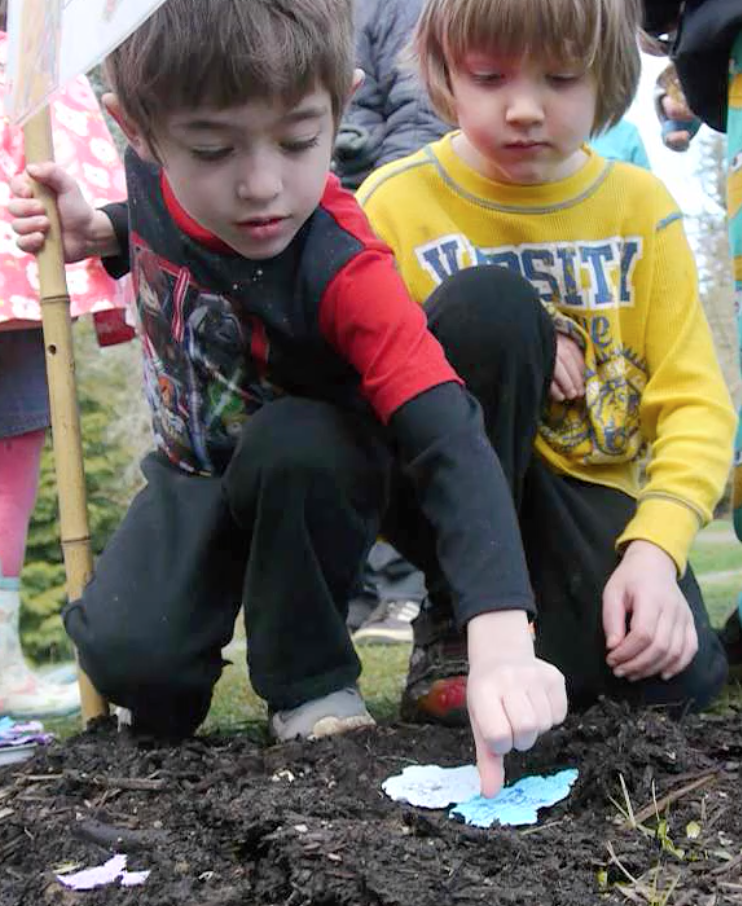Inciting curiosity

In his recent NY Times piece reflecting on Michael Lewis’s book Flash Boys, columnist David Brooks distinguished between cultures of knowingness and knowledge. According to Brooks, knowingness is motivated by getting just enough information as you need to do your job and an eagerness to project an image of mastery and omniscience. Knowledge, on the other hand, is driven by a deep desire to understand.
Knowledge, he writes, is filled with pleasure and moral power. “Long and inefficient,” it leads to novel questions and unanticipated, transformational responses.
Knowingness inspires us to exploitation and corruption.
I have no doubt that these conflicting ways of approaching the world will seem seem familiar to those of us who are more focused on education than Wall Street.
I thought about this contrast at last week’s meeting of the Opal School Mentorship Program. Members were reflecting on what they observed in classrooms that morning. One person talked about the “teacher engagement” she witnessed. It was an expression that I hadn’t heard before. Over the years, I’ve often heard people talk about “student engagement.” In some classrooms I’ve visited, I’ve wondered if people were conflating engagement with compliance; if sitting quietly was being confused with thinking.
That muddying of terms feels different when it comes to teacher engagement. A teacher who is being compliant doesn’t look anything like a teacher who is engaged.
I was directed again to teachers’ pursuit of “knowledge” over “knowingness” when listening to former Opal School teacher Zalika Gardner’s talk this weekend at TedXPortland. She spoke about how we transcend obstacles of assumption, arrogance, and fear when we ask children (and all people, really) questions we don’t know the answers to and listen carefully to the answers.
An engaged teacher is motivated by the same pleasure of curiosity as a truly engaged student.
So, I want to hear: What encounters are sustaining your curiosity? What systemic conditions are invigorating that quest for understanding? How can we foment that change beyond our school walls in transformational ways?
